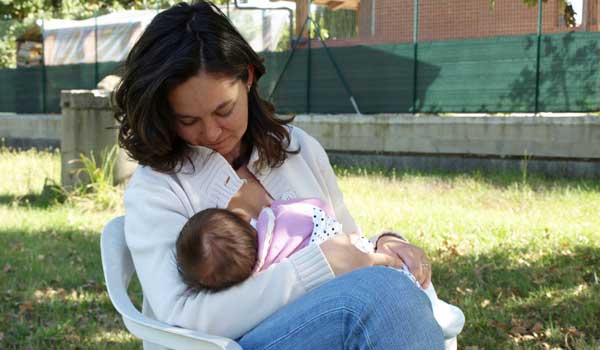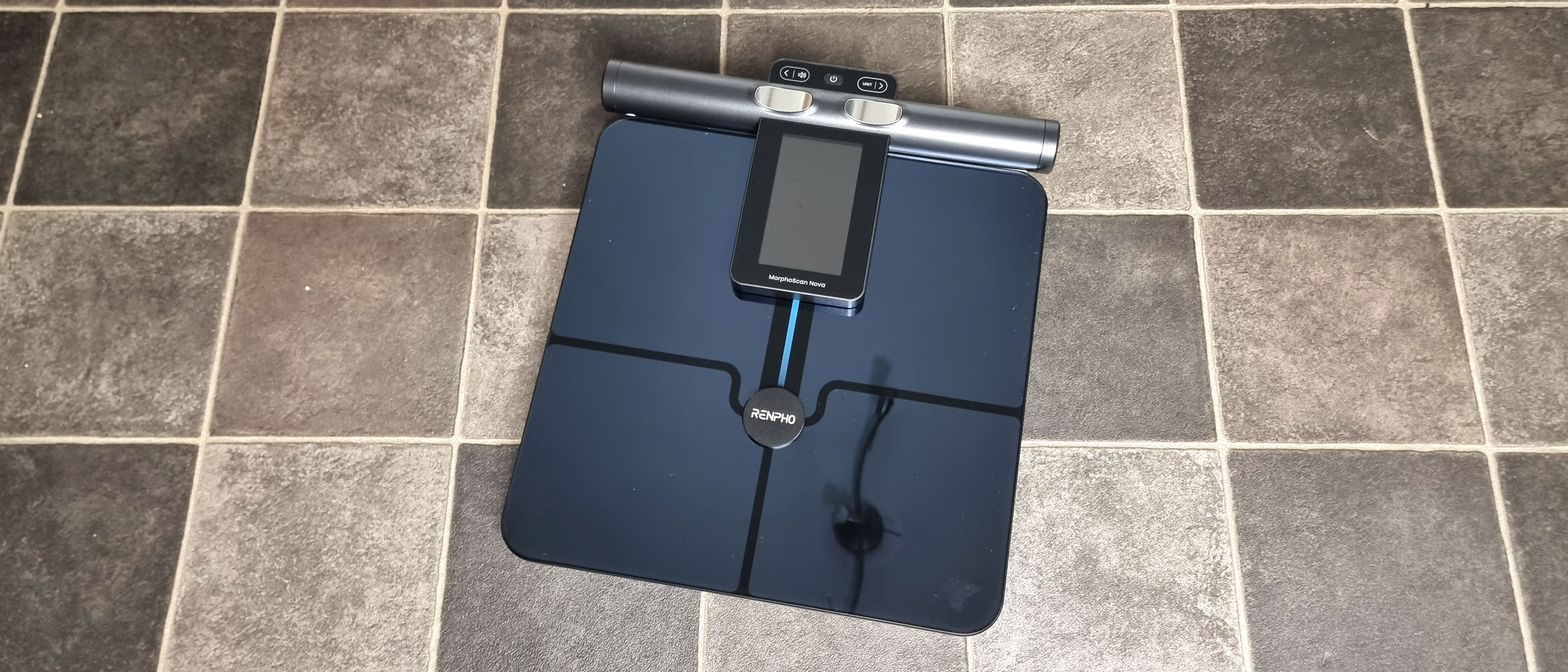Breast-Feeding May Help Babies Develop Healthy Mix of Gut Bacteria

Get the world’s most fascinating discoveries delivered straight to your inbox.
You are now subscribed
Your newsletter sign-up was successful
Want to add more newsletters?

Delivered Daily
Daily Newsletter
Sign up for the latest discoveries, groundbreaking research and fascinating breakthroughs that impact you and the wider world direct to your inbox.

Once a week
Life's Little Mysteries
Feed your curiosity with an exclusive mystery every week, solved with science and delivered direct to your inbox before it's seen anywhere else.

Once a week
How It Works
Sign up to our free science & technology newsletter for your weekly fix of fascinating articles, quick quizzes, amazing images, and more

Delivered daily
Space.com Newsletter
Breaking space news, the latest updates on rocket launches, skywatching events and more!

Once a month
Watch This Space
Sign up to our monthly entertainment newsletter to keep up with all our coverage of the latest sci-fi and space movies, tv shows, games and books.

Once a week
Night Sky This Week
Discover this week's must-see night sky events, moon phases, and stunning astrophotos. Sign up for our skywatching newsletter and explore the universe with us!
Join the club
Get full access to premium articles, exclusive features and a growing list of member rewards.
Breast-feeding may contribute to the development of healthy bacteria in a baby's gut, a new study finds.
The results show that three-month-old babies that had been fed only breast milk had a wider range of bacteria in their guts than babies that were fed only formula.
The researchers also found a link between the bacteria in the babies' guts and changes in the expression of genes involved in their immune systems.
"The early neonatal period is a critical phase for both intestinal digestive development as well as colonization" by the gut bacteria, the researchers wrote.
The study showed an association, not a cause-and-effect link, between breast-feeding and a healthier infant gut, and more work is needed to confirm the findings.
Still, there are ways to plausibly explain how breast milk may bring about changes in a baby's gut bacteria and immune system, the researchers said. The greater diversity of bacteria seen in the guts of the breast-fed infants may bring about the activation of certain immunity genes, they wrote.
In the study, researchers looked for genetic material in stool samples from 12 infants — half of which were breast-fed, and half of which were formula-fed. They used the genetic material to identify the types of bacteria in the babies' guts.
Get the world’s most fascinating discoveries delivered straight to your inbox.
The results showed that the immune systems of the breast-fed babies had developed to cope with the wider range of bacteria present in their intestinal tract. While the guts of the breast-fed infants showed they had more bacteria associated with "virulence," such as genes for resistance to antibiotics, the researchers also found increased activity of immunity genes known to be involved in defending the gut tissue against foreign invaders, said study researcher Robert Chapkin, a professor of Nutrition, Biochemistry and Biophysicsat the Texas A&M University.
"Our findings suggest that human milk promotes the beneficial crosstalk between the immune system and microbe population in the gut, and maintains intestinal stability," Chapkin said.
The study was published in the journal Genome Biology.
Follow MyHealthNewsDaily on Twitter @MyHealth_MHND. Find us on Facebook.
 Live Science Plus
Live Science Plus











